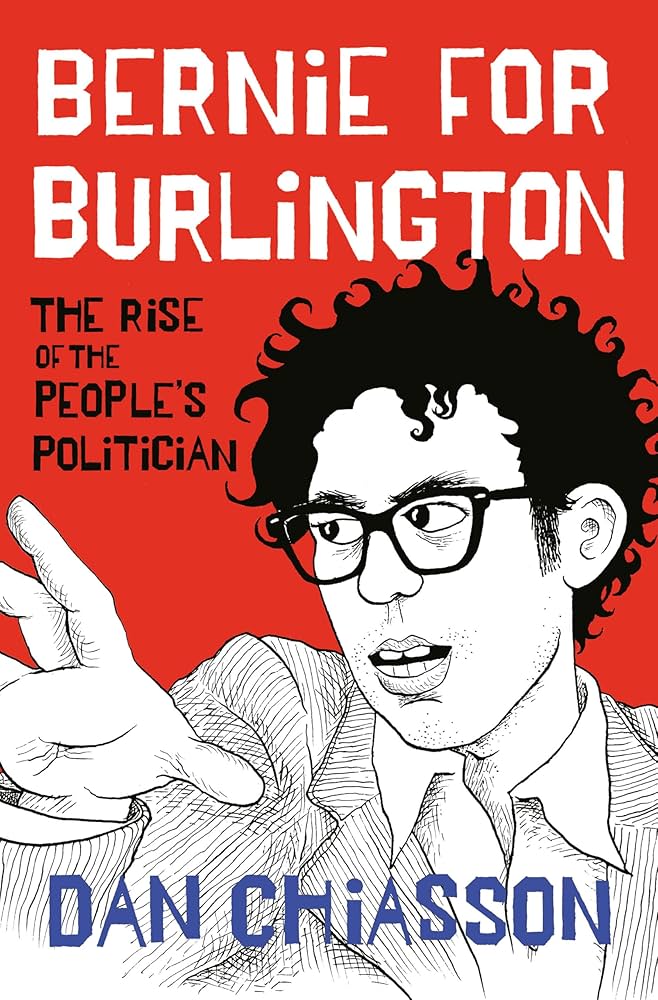I think of the winter years ago when I taught an evening class there made up of a group of nontraditional students studying social work and counseling, many of them driven to do so by the addiction or poverty or general hard times that affected, in one way or another, everyone. I’d leave the southern Willamette Valley in the dark and rain and cross the Calapooya Mountains towards the small city of Roseburg. That stretch of interstate still held remnants from the slower travel of the past where people stopped more often, sat down for meals, and had their cars serviced in the meantime. One exit still operated an all night diner and lounge, gas station and motor lodge, decked out in the original neon glaring through the night like brightly colored clouds; another exit twenty miles away with the same amenities along with roadside carnival rides, stood completely abandoned, as if at some point in 1963, everyone just walked away, not even bothering to flip the faded sign on the door from Open to Closed.
I enjoyed these drives, rare time alone to think and rest and enjoy the landscape, and soon the winter rains slowed and the sunset came later and later each week, so that most of my journey was cast during Golden Hour. The campus is set on a hillside near the winding and lovely Umpqua River, running from the snowcapped High Cascades all the way to the sea, and I’d park and walk across the grounds which, now that most students had gone home, was populated with a dozen or more deer, grazing amongst oak and evergreen on grass which grows lush in the Northwest’s rainy season. They paid me no mind. They were unconcerned with my presence there.
It is this scene that I think of when I hear the news of the violence that took place yesterday. I think of my students waiting patiently for me to arrive, and of them always greeting me with genuine good cheer, even though they had already put in full days at their jobs, postponing going home to their families until 9pm in order to listen to me talk about how to communicate their ideas clearly. I think of walking back to my car after class in the full dark, the trees still dripping with rain, or when there was no rain, draped in fog, while those deer still wander slowly about, knowing that they have no need to be afraid, because this was a safe place.
James Alan Gill is the Dispatches Editor for The Common.



